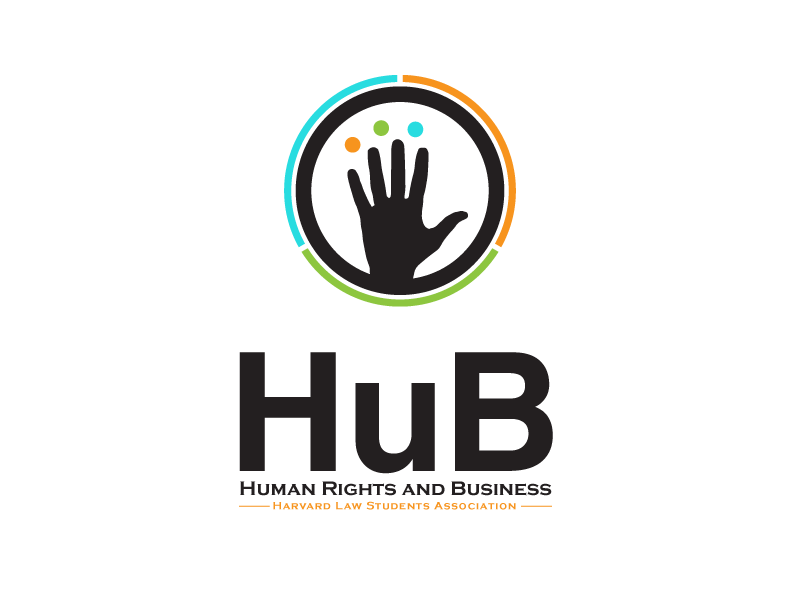Below, you’ll find information on student organizations that touch on BHR issues. Because of how interdisciplinary the BHR field is, some of the organizations listed below do not directly focus on Human Rights, however, their areas of focus implicate a range of issues directly connected to a BHR agenda.
HLS Organizations
- HLS Advocates for Human Rights: a student practice organization, Advocates gives students an opportunity to work on human rights projects with organizations in Boston and around the world and to become a part of Harvard Law School’s human rights community.
- American Civil Liberties Union: the ACLU Club at HLS supports the ACLU’s nationwide work on campus by organizing events, coordinating research and policy projects with ACLU affiliates across the country, and providing students with networking opportunities.
- Labor and Employment Action Project: LEAP convenes students interested in labor and employment issues who feel that the power of working people to organize themselves has become more, not less, essential in today’s changing economy.
- Law & International Development Society: LIDS addresses issues at the intersection of law, policy and international development with students at HLS and other Boston graduate schools.
- Law & Technology Society: a student organization exploring the relationship among emerging technologies, legal practice and governance.
- Antitrust Association: the Antitrust Association supports and fosters a community committed to the protection of consumers and the promotion of competitive markets.
- Harvard Association for Law and Business: HALB connects students with prominent leaders across the business and legal communities to discuss opportunities in non-legal business careers.
- Harvard Environmental Law Society: HELS prepares students to creatively and intelligently use the law in the service of the environment through conferences, events, trips, and collaborating with groups throughout the University and the world.
- Global South Dialogue: GSD promotes dialogue between students from or interested in issues affecting the Global South (countries in Africa, Latin America, and Asia with interconnected histories of colonialism, neo-imperialism, and differential economic and social change, and minority groups in the West).
- International Arbitration Law Students Association: a forum for students to learn about and discuss emerging topics in international arbitration and to develop connections between students and successful practitioners.
- Justice for Palestine (email): JFP is committed to a secular, humanist, and legalistic approach to dialogue about Israel/Palestine and seeks to advocate the rights of the Palestinian people.
Professional BHR Organizations
- Shift: Shift is an independent, non-profit center for business and human rights practice, whose team was centrally involved in shaping and writing the UN Guiding Principles on Business and Human Rights.
- The Business and Human Rights Center: The Business and Human Rights Resource Center is a non-profit organization and the leading information portal on business and human rights.
- The Danish Institute for Human Rights: The Danish Institute for Human Rights is a national human rights institution operating in accordance with the UN Paris Principles, and a leading research center on business and human rights.
- The Centre for Research on Multinational Corporations: SOMO is a critical, independent, not-for-profit knowledge center on multinationals.
- The International Corporate Accountability Roundtable: ICAR is a coalition of human rights groups focused on corporate accountability in the United States.
- The United Nations Global Compact: The UN Global Compact is a non-binding United Nations pact to encourage businesses worldwide to adopt sustainable and socially responsible policies, and to report on their implementation.
- The True Costs Initiative: TCI is a Boston-based non-profit organization working to achieve corporate accountability through multi-stakeholder work that seeks to internalize the “true” (e.g. environmental, social, etc.) costs of doing business.
- The Corporate Accountability Lab: CAL is a Chicago-based non-profit that uses laws not traditionally associated with BHR to increase corporate accountability through legal mechanisms that empower communities and internalize the social and environmental costs of doing business.
- Ceres: Ceres engages businesses, investors, and civil society to promote the development and enforcement of policies that mitigate social and environmental risks in supply chains. Their approach seeks to promote corporate transparency to mobilize support for corrective action by harnessing market forces.

Recent Comments